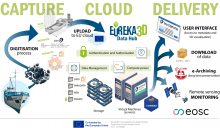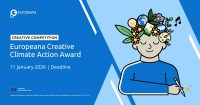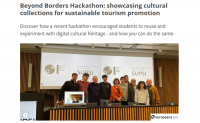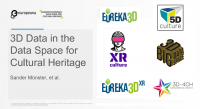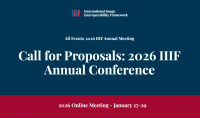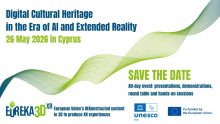Dealine: December 8 2026, h. 00.00
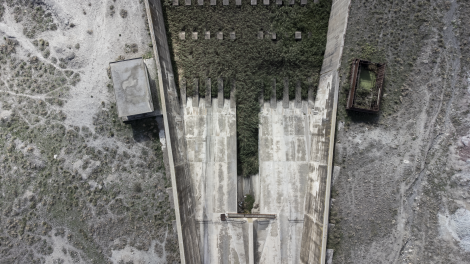
“Geometrie dell’aridità” by Erica La Placa. 1st place AIPAI 24/25
AIPAI Photo Contest renews for its 4th edition!
The contest is designed to raise awareness and promote the culture of industry, the memory of work, the architectural, technological and landscape heritage of industrial archaeology, is aimed at professional photographers, amateurs, students, temporary or permanent groups, associations, without limits of age and nationality who will be able to tell, document and represent the industrial heritage through a photographic project that explore twelve macro-areas.
 These thematic directions aim to create a mosaic of perspectives where photography is not just a tool of representation, but a true medium for historical and cultural interpretation.
These thematic directions aim to create a mosaic of perspectives where photography is not just a tool of representation, but a true medium for historical and cultural interpretation.
Read how to participate on the official guidelines (IT) at this link.
Read the press release (IT) to learn more on themes, prizes and more:
AIPAI PHOTO CONTEST 2026
QUARTA EDIZIONE
28 settembre – 8 dicembre 2025
Comunicato stampa
Prende il via la quarta edizione dell’AIPAI PHOTO CONTEST 2026, il concorso fotografico organizzato dall’Associazione Italiana per il Patrimonio Archeologico Industriale ETS in collaborazione con: DICEA – Università Sapienza di Roma, Do.co.mo.mo Italia, Ministero della Cultura – Segretariato generale – Ufficio UNESCO, Parco Archeologico dell’Appia Antica, Parco Regionale dell’Appia Antica, Fondazione AEM (Milano), Fondazione ISEC (Sesto San Giovanni), Fondazione MAIRE – ETS (Roma), Fondazione musil (Brescia), RoMe Museum Exhibition e Rete Fotografia.
In palio due premi da 1000 euro, un premio da 500 euro, la pubblicazione sulla rivista “Patrimonio Industriale” e l’esposizione in una mostra itinerante degli scatti vincitori, menzionati e selezionati.
Il contest, ideato per sensibilizzare e promuovere la cultura dell’industria, la memoria del lavoro, il patrimonio architettonico, tecnologico e paesaggistico dell’archeologia industriale è rivolto a fotografi professionisti, amatori, studenti, raggruppamenti temporanei o permanenti, associazioni, senza limiti di età e nazionalità che potranno raccontare, documentare, rappresentare il patrimonio industriale attraverso un progetto fotografico, da presentare entro le ore 00.00 del 8 dicembre 2025.
I PREMI
Al primo classificato dell’AIPAI PHOTO CONTEST 2026 verrà riconosciuta una somma in denaro di euro 1000 per l’utilizzo delle immagini; la novità di questa quarta edizione è il Premio Giampietro Agostini, riconoscimento dedicato alla memoria del noto fotografo e membro di giuria dell’AIPAI PHOTO CONTEST, promosso in collaborazione con Rete Fotografia e conferito al progetto presentato da uno studente di una Scuola di Fotografia che saprà distinguersi per precisione compositiva, uso consapevole della luce e profondità narrativa, a cui sarà conferito un premio del valore di euro 500.
Si riconferma, inoltre, il Premio Mecenati di giovani talenti, che AIPAI ha voluto riservare a fotografi under 35, sostenuto anche quest’anno dalla Fondazione MAIRE – ETS, con cui si prevede la sottoscrizione, entro il 2026, di un contratto d’opera con la Fondazione avente ad oggetto la realizzazione di una campagna fotografica dedicata al patrimonio storico e archivistico del gruppo MAIRE, per un corrispettivo di euro 1.000.
Il vincitore del Premio Mecenati di giovani talenti della scorsa edizione, Giovanni Peyrone, sta realizzando per la Fondazione MAIRE – ETS una campagna fotografica sulla trasformazione della storica sede MAIRE di Via di Vannina (Roma) in polo di ricerca avanzata per la transizione energetica. La campagna mette al centro le figure professionali in cantiere e gli strumenti di lavoro, in un accostamento simbolico che esalta l’uomo e la tecnica, veri artefici del cambiamento.
AREE TEMATICHE
Gli autori sono invitati a misurarsi con dodici macro‑aree di ricerca visiva che spaziano dalla documentazione delle macchine e dei cicli produttivi storici alla rappresentazione dei paesaggi della produzione e delle infrastrutture urbane, fino alla sperimentazione di linguaggi contemporanei sul riuso, la rigenerazione e le pratiche di conservazione e restauro. Altri ambiti includono la memoria sociale del lavoro, la comunicazione visiva dell’industria, il turismo industriale e i processi di “seconda vita” del patrimonio.
Queste direttrici tematiche, ampie e complesse, mirano a comporre un mosaico di prospettive dove la fotografia non è soltanto strumento di rappresentazione, ma vero e proprio medium di interpretazione storica e culturale.
ESITI E PROSPETTIVE
I risultati del Premio AIPAI Photo Contest 2026 e delle sue sezioni speciali saranno resi pubblici il 5 febbraio 2026, in occasione della terza edizione degli Stati Generali del Patrimonio Industriale, articolata tra Bari, Matera e Lecce.
Il corpus fotografico dei progetti vincitori, menzionati e selezionati costituirà la mostra itinerante ospitata in prestigiose sedi espositive italiane, oltre a essere oggetto di un numero monografico della rivista Patrimonio Industriale e di una diffusione online tramite i canali ufficiali AIPAI ETS.
Il concorso, consolidatosi come momento di riferimento per la comunità scientifica e fotografica, riafferma la centralità della fotografia come pratica critica capace di coniugare cultura visiva e patrimonio industriale, restituendo nuova vita e nuove letture alla sedimentazione storica dei luoghi del lavoro e della produzione.
Per consultare il bando: https://www.patrimonioindustriale.it/aipai-photo-contest-2025/
AIPAI ETS- Associazione Italiana per il Patrimonio Archeologico Industriale
sede operativa
c/o DICEA Dipartimento di Ingegneria Civile Edile e Ambientale,
Via Eudossiana,18, 00184 Roma
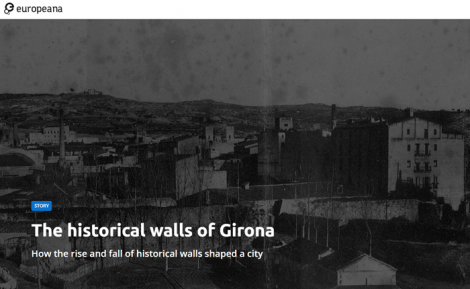


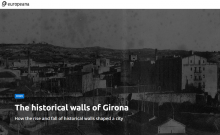
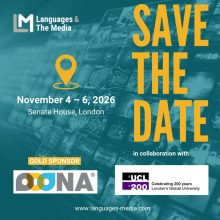
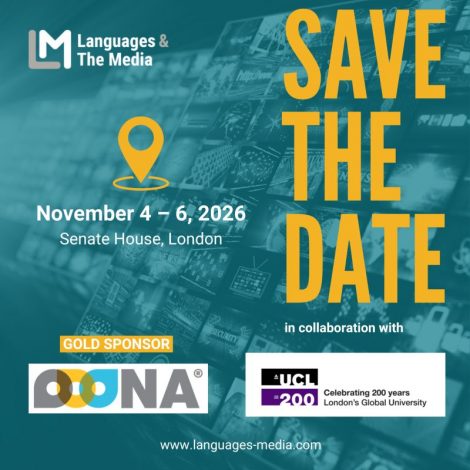
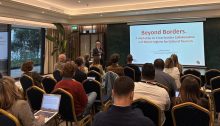


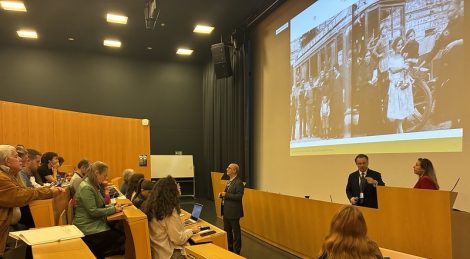
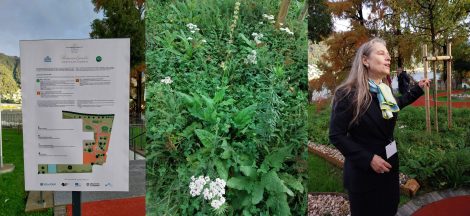
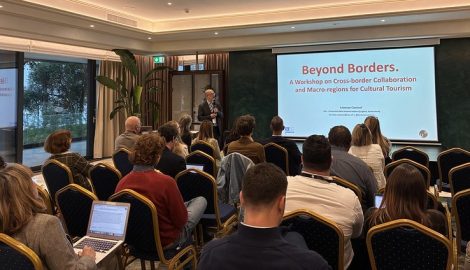
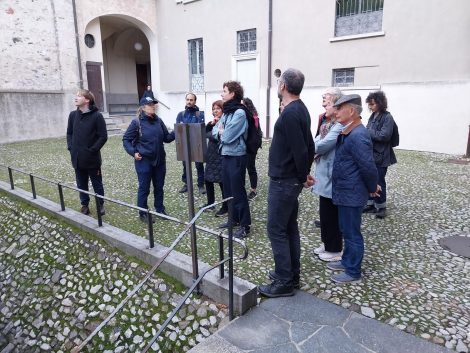
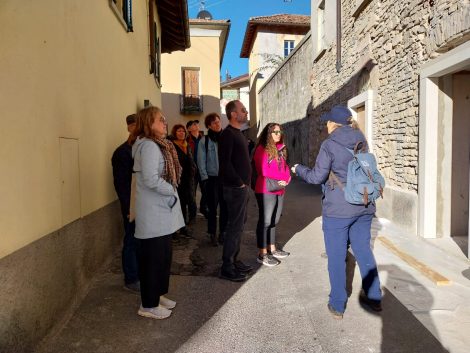
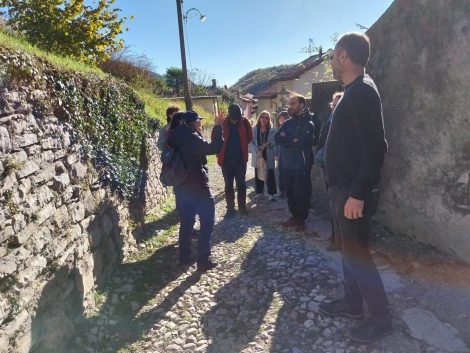
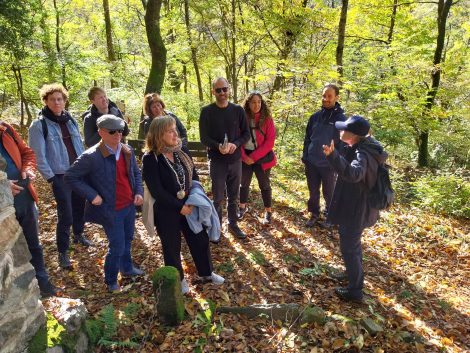




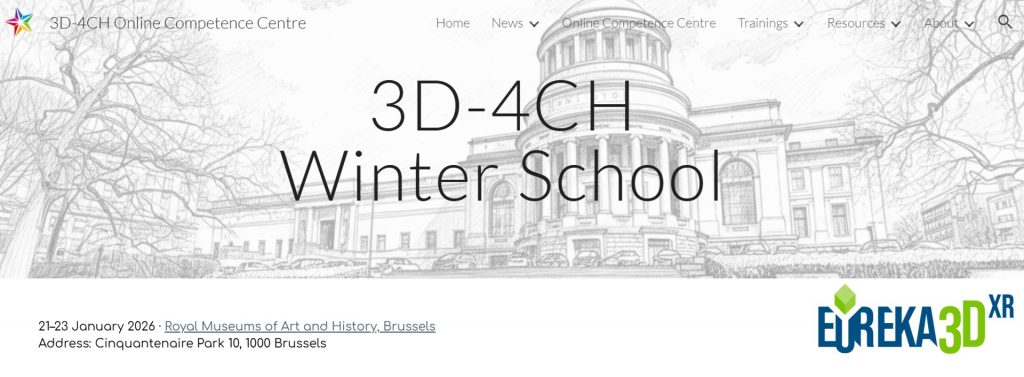
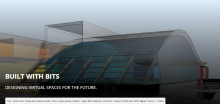
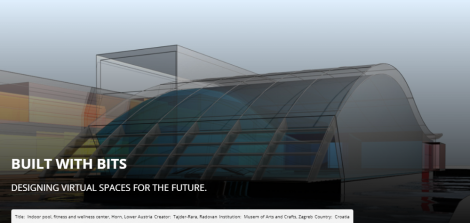
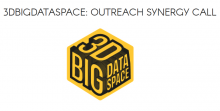
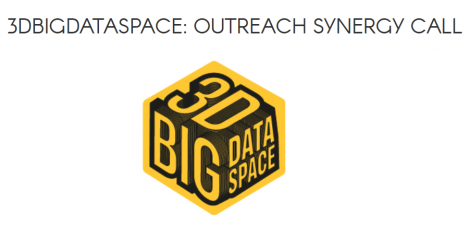
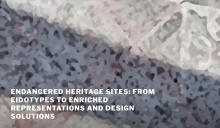
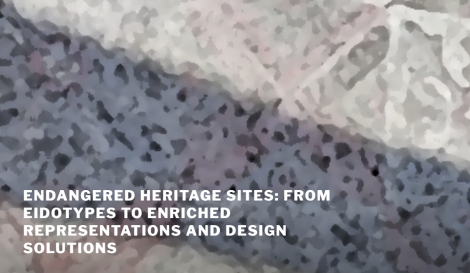
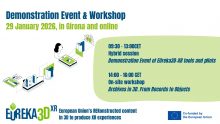
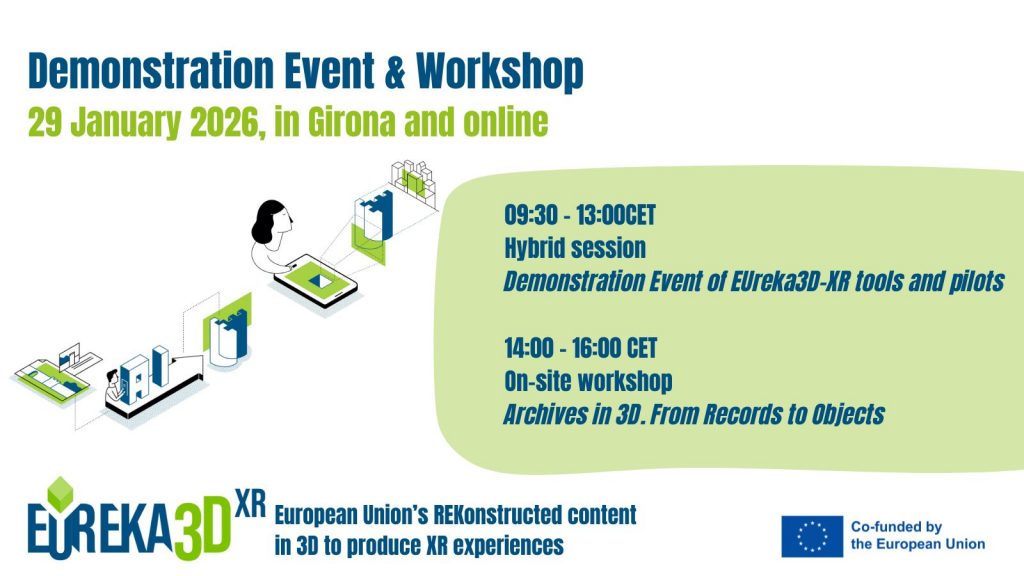
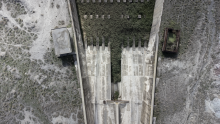

 These thematic directions aim to create a mosaic of perspectives where photography is not just a tool of representation, but a true medium for historical and cultural interpretation.
These thematic directions aim to create a mosaic of perspectives where photography is not just a tool of representation, but a true medium for historical and cultural interpretation.